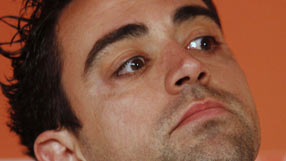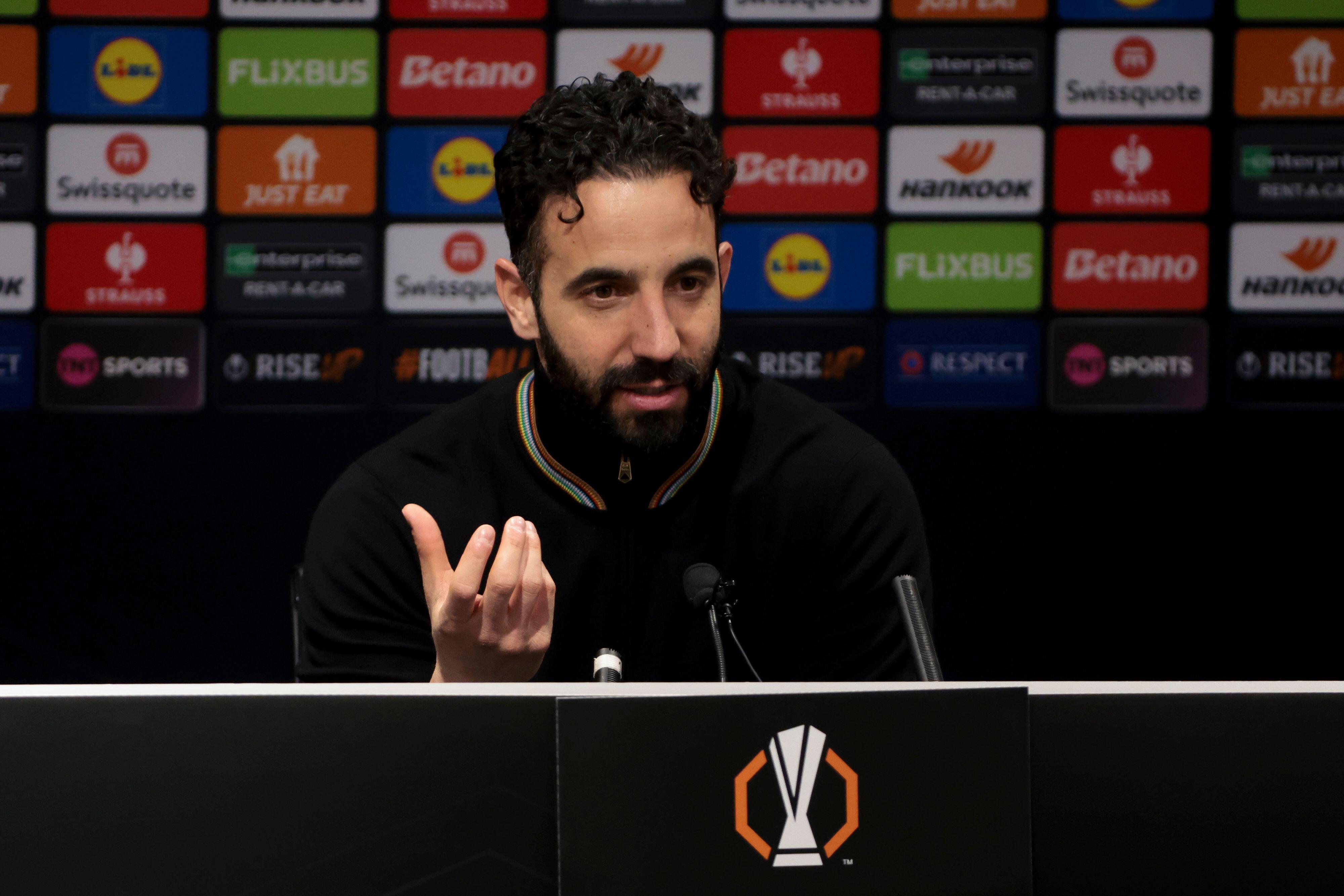Spanish success raises nationalist hackles
BILBAO - Spain's success in the World Cup has highlighted the kind of deep political divisions which mean that some Spanish residents will be cheering on Netherlands in Sunday's final.

The team's unprecedented performance has prompted the unveiling of Spanish flags on balconies in areas where nationalist flags would be more typical, irritating separatists in the northern Basque and Catalan regions.
"If it were up to me, I'd have Netherlands beat Spain 30-0," said Inaki Atxutegi, a 40-year-old economist from the Basque port of Bilbao.
The Basque and Catalan regions have different languages and cultural identities and many of their residents want greater, if not full, autonomy from Madrid.
"(Madrid politicians) are using the success of the Spanish team, made up almost entirely of Catalans and Basques, to sell a concept of Spain that many Basques do not share," Atxutegi said.
Football achievement has also clashed with a controversial ruling by the Constitutional Court on a statute setting out the limits of Catalan autonomy from Madrid.
The court concluded that Catalonia could not be recognised as a separate nation, and hundreds of thousands are expected to join a protest in Barcelona on Saturday.
"There will end up being more Spanish flags because of the Spain-Netherlands match on Sunday than Catalan flags because of Saturday's protest," complained the deputy head of Catalonia's regional government, Josep Lluis Carod-Rovira, in a blog.
Get FourFourTwo Newsletter
The best features, fun and footballing quizzes, straight to your inbox every week.
LESS RADICAL
Spain coach Vicente del Bosque told a news conference in Johannesburg on Saturday he hoped the harmonious relationship between his players and their emphasis on teamwork would inspire similar feelings back home.
"I hope that we'll look at things in a less radical way and through football create better relations among the regions in our country," said the 59-year-old, who is from Salamanca.
Midfielder Xavi, who plays for Barcelona, added:
"There are many players from the Barca team and that, of course, makes me very proud.
"But it's not only about Barca. We want everyone to feel very proud in the whole of Spain, not only in Catalonia, about the football we are playing."
Even showing Spain's games on public screens is proving controversial.
The city of Barcelona, the capital of Catalonia, had up to now declined to show Spain's games on public screens, despite the fact that seven players in the starting 11 for the semi-final against Germany last Wednesday play for Barcelona.
On Sunday, however, it will show the final on a public screen in the city, something greeted as a victory in itself by right-wing Spanish media commentators in Madrid.
But some are resentful that the Catalan national team are not able to compete in top international tournaments, especially since Carles Puyol's match-winning header against Germany was the result of a move worked out on the training ground at Barcelona, according to the defender.
Neither world football's governing body FIFA nor its European equivalent UEFA recognise the Catalan team which typically plays a friendly against an international side in December each year.
